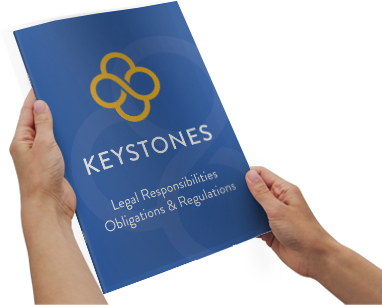The introduction of new pension freedoms this year led many retirees to choose alternative income-generating investments rather than annuities, and in line with the UK’s longstanding love of buy-to-let this often took the form of a residential investment property. Perhaps inspired by this, those who are not yet at the point of retirement have increasingly started following a similar principle when saving for their future. Using lump sums that would otherwise find a home in their pension pots, some have chosen to put that money into buy-to-let as a way to both maximise returns in the short term and provide an income stream that should hopefully continue to come in useful when they retire.
Unfortunately, the Chancellor unveiled bad news for landlords in both the post-election Budget and the Autumn Statement, leading some of these retirement property investors to wonder whether they may have made a mistake. Over the next few years, the tax environment for buy-to-let investors will grow progressively more hostile, particularly those who are higher-rate taxpayers. Some who are not currently taxed at the higher rate may find themselves pushed into this bracket by the changes.
The most recent change announced is an increase in stamp duty on the purchase of second homes and investment properties. Probably the most significant change, however, is the loss of tax relief on mortgage interest, which could add thousands to the tax bills of some investors. So in light of these changes, how does investing in a buy-to-let property compare to putting money into a pension and then drawing an income through traditional routes now?...
For starters it has to be appreciated that using the entirety of a pension fund to invest in buy-to-let was never really a good idea for the vast majority of people – a fact which most but not all retirement investors appreciated. Before the reforms, property was a good supplement to a traditional pension or retirement income investment portfolio – with the potential to add diversity and boost overall income – but the new rule changes serve very well to underline the dangers of relying solely on a single investment asset class to fund your retirement.
As for whether property will still serve as even a good supplement to retirement savings and income strategies in 2020 when the reforms have been fully-rolled out, this depends on your situation. If you are a lower-rate taxpayer (or are likely to be when you retire), then you will not be hit so hard by the reforms. If you will be in a position to buy a property without a mortgage while still leaving enough of your pension pot for an alternative income stream such as a simple annuity, then you will bypass the worst of the reforms – the loss of relief for mortgage interest.
It may also be possible to bypass increased costs by increasing rents, though it is hard to say whether this will be practical before it is seen how other landlords react and whether such a move would be competitive.
Ultimately, an analysis of your own circumstances is needed to answer this question. Be aware, however, that some are concerned that the measures announced so far may still be followed by further crackdowns, changing the situation again.
More from the Keystones learning hub
Keep updated with what's going on in your local area. Our latest news provides up-to-date information on everything regarding the local property market, for everyone including homebuyers, sellers, tenants, and landlords.
The History Behind Concrete Built Houses In Romford

25 March, 2024
Boost Your Property Sale with Our Exclusive Prestige Package

22 February, 2024
9 CRUCIAL Questions To Ask Your Estate Agents As A Seller

19 January, 2024

Come and see us face to face
Keystones are Open 6 days a week. Pop in, have a Tea or Coffee as we always have people on hand to help you.
Keystones Property
-
Keystones Property Collier Row
13 Clockhouse Lane, Collier Row, Romford, Essex, RM5 3PH, United Kingdom -
Email: [email protected]
-
Telephone: 01708 909 100





